The 28-day menstrual cycle is often used as the standard reference for understanding fertility, ovulation, and pregnancy detection. If you’re trying to conceive—or wondering whether you might be pregnant—it’s crucial to understand when the best time is to take a pregnancy test based on this cycle.
This in-depth guide will walk you through:
-
How a 28-day cycle works
-
Key events in the cycle (ovulation, implantation, hormonal changes)
-
When your body starts producing detectable pregnancy hormones
-
The earliest and most reliable times to test
-
Tips for getting accurate test results
-
Special situations that may alter the timing
Let’s begin by breaking down the cycle itself.
📆 Understanding the 28-Day Menstrual Cycle
A 28-day menstrual cycle is counted from the first day of your period (Day 1) to the day before your next period starts (Day 28).
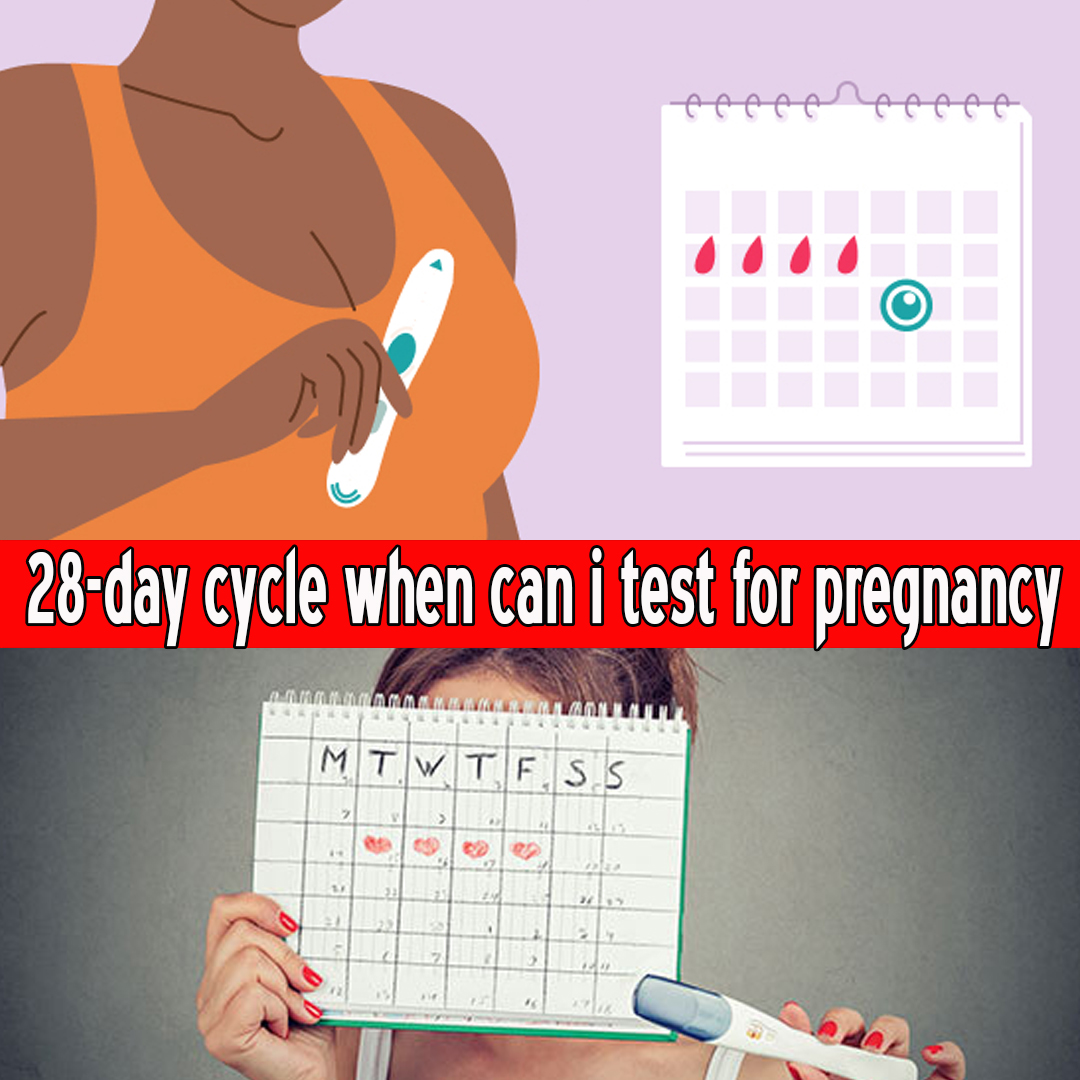
28-day cycle when can i test for pregnancy
📌 Key Phases of the 28-Day Cycle:
| Cycle Day | Phase Name | What Happens |
|---|---|---|
| Day 1–5 | Menstrual Phase | Uterine lining sheds (period) |
| Day 6–13 | Follicular Phase | Egg matures in ovary |
| Day 14 | Ovulation | Egg is released |
| Day 15–28 | Luteal Phase | Body prepares for pregnancy |
Understanding these stages helps pinpoint when conception is most likely—and when a pregnancy test might work.
🧬 When Does Conception Happen in a 28-Day Cycle?
If you have a textbook 28-day cycle, ovulation typically happens on Day 14. This is when an egg is released from the ovary.
🕐 The Fertile Window:
-
Begins ~Day 10
-
Ends ~Day 15
-
Sperm can survive in the reproductive tract for up to 5 days
-
The egg survives for 12–24 hours
If intercourse happens during this window, fertilization may occur between Days 13–15.
🤰 What Happens After Fertilization?
Here’s a timeline of early pregnancy following ovulation:
| Days After Ovulation | What’s Happening? |
|---|---|
| 0–1 DPO | Fertilization (egg meets sperm) |
| 2–4 DPO | Cell division begins; zygote travels to uterus |
| 5–10 DPO | Implantation (embryo attaches to uterine lining) |
| 6–12 DPO | hCG hormone begins to rise (pregnancy hormone) |
| 10–14 DPO | hCG reaches detectable levels in urine |
This means a pregnancy test can start detecting hCG 10 to 14 days after ovulation, or just before or after a missed period.
🧪 When Can You Test for Pregnancy in a 28-Day Cycle?
Now let’s get specific: if you ovulate on Day 14, when should you test?
| Cycle Day | Event | Can You Test Yet? |
|---|---|---|
| Day 14 | Ovulation | No |
| Day 21 | 7 DPO – possible early implantation | Unlikely (too early) |
| Day 23 | 9 DPO – early hCG for some | Possibly (with blood test) |
| Day 24–25 | 10–11 DPO – hCG may be detectable | Early test may work |
| Day 26–27 | 12–13 DPO – common testing time | Good chance of accuracy |
| Day 28 | Missed period | Ideal time to test |
| Day 29+ | 15+ DPO – late confirmation | High accuracy |
✅ Best time to test:
Day 28 of your cycle (expected period day) or Day 14 after ovulation (14 DPO) for the most accurate results using a home pregnancy test.
🧬 How Do Pregnancy Tests Work?
All pregnancy tests detect the hCG hormone (human chorionic gonadotropin), which is produced after implantation.
📌 Two Main Types:
-
Urine Tests (Home Tests):
-
Detect hCG at levels of 20–25 mIU/mL
-
Can work 10–14 DPO
-
Most accurate on or after missed period
-
-
Blood Tests (Quantitative and Qualitative):
-
Detect hCG as low as 5–10 mIU/mL
-
Can confirm pregnancy as early as 6–8 DPO
-
Ordered by a doctor
-
🕰️ Earliest You Can Take a Pregnancy Test
✨ Earliest:
-
8–10 DPO (Days 22–24 in your cycle)
-
May result in a false negative if hCG is still low
🎯 Most Reliable:
-
14 DPO (Day 28 of your cycle)
-
99% accuracy with most home tests
If you can wait until your period is due, you’ll save yourself from the emotional rollercoaster of early false results.
❌ What Can Affect the Accuracy of Early Testing?
1. Implantation Timing
-
Early implantation = earlier hCG = earlier positive
-
Late implantation (Day 10+) = delayed test positivity
2. Test Sensitivity
-
Some tests detect as low as 10 mIU/mL
-
Others need 25 mIU/mL to give a positive
3. Diluted Urine
-
Testing later in the day or after drinking fluids can dilute hCG
-
Always test with first morning urine
4. Irregular Ovulation
-
If you ovulated later than Day 14, testing on Day 28 may still be too early
🧠 Symptoms Before a Positive Test
While you wait to test, your body might give you hints that pregnancy is underway. Common early signs (before a positive test) include:
-
Fatigue
-
Sore or tender breasts
-
Nausea or food aversions
-
Implantation cramping or spotting
-
Mood swings
-
Increased urination
-
Heightened sense of smell
-
Basal body temperature remains high past 14 DPO
Note: These can mimic PMS, so testing is the only way to know for sure.
❓ What If You Get a Negative Test at Day 28?
Possible reasons:
-
You ovulated late
-
You implanted late
-
hCG hasn’t reached detectable levels
-
You’re not pregnant
What to do:
-
Wait 2–3 more days and test again
-
Use a sensitive test with first-morning urine
-
See a doctor if your period doesn’t come after a week
👩⚕️ When to See a Doctor
Visit your healthcare provider if:
-
Your period is more than 7 days late
-
You’ve taken multiple negative tests but suspect pregnancy
-
You have severe symptoms (pain, dizziness, bleeding)
-
You’re experiencing irregular cycles or infertility concerns
Your doctor can:
-
Run a blood test for hCG
-
Perform a transvaginal ultrasound
-
Check for conditions like PCOS or ectopic pregnancy
📝 Sample 28-Day Cycle Pregnancy Testing Timeline
| Day of Cycle | What’s Happening | What You Can Do |
|---|---|---|
| Day 1 | Period begins | Start fresh cycle tracking |
| Day 14 | Ovulation | Have intercourse (if TTC) |
| Day 21 | 7 DPO – very early symptoms may begin | Track BBT and symptoms |
| Day 24 | 10 DPO – early testers might get results | Try a sensitive test |
| Day 26–27 | PMS vs. Pregnancy symptoms peak | Hold off if unsure |
| Day 28 | Period due | Best day to take a test |
| Day 29–31 | Late period | Retest if Day 28 was negative |
📊 Summary: When Can You Test for Pregnancy in a 28-Day Cycle?
| Question | Answer |
|---|---|
| When does ovulation happen? | Around Day 14 |
| When can you test earliest? | Day 22–24 (8–10 DPO) with a sensitive test |
| When is it most accurate to test? | Day 28 (missed period) or 14 DPO |
| Can you test too early? | Yes, early testing can lead to false negatives |
| What if Day 28 test is negative? | Wait 2–3 days and test again |
| When to see a doctor? | If period is a week late with negative tests |
🧘 Final Thoughts
In a perfect 28-day cycle, the best time to test for pregnancy is on Day 28 or later, using first-morning urine and a highly sensitive test. While early testing is tempting, it can often lead to confusion or disappointment due to the natural variability of implantation and hormone levels.
If you’re trying to conceive or monitoring symptoms carefully, pair your cycle tracking with basal body temperature, cervical mucus observation, and awareness of implantation symptoms for the best insights. And remember—when in doubt, a blood test or medical consultation is always the gold standard.

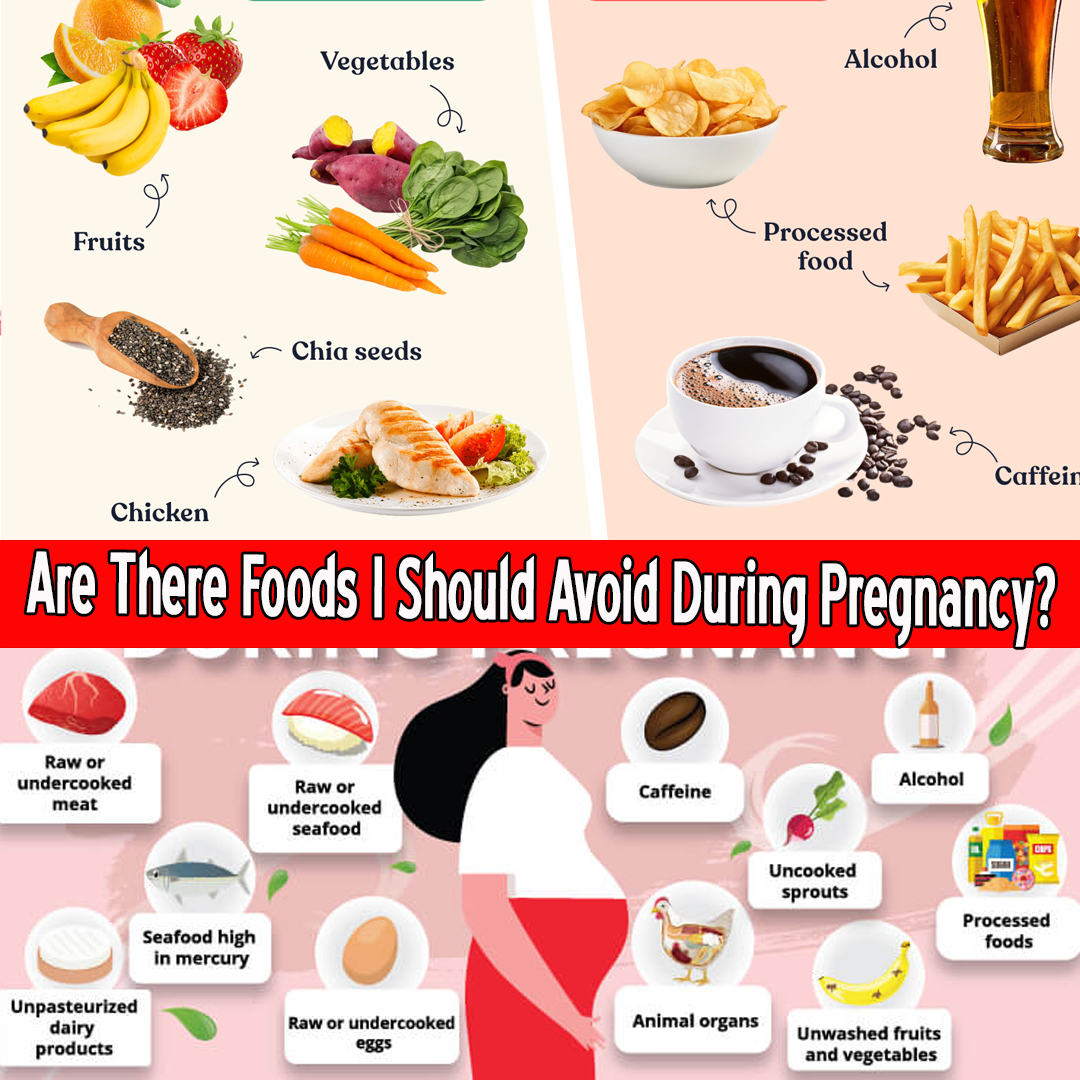
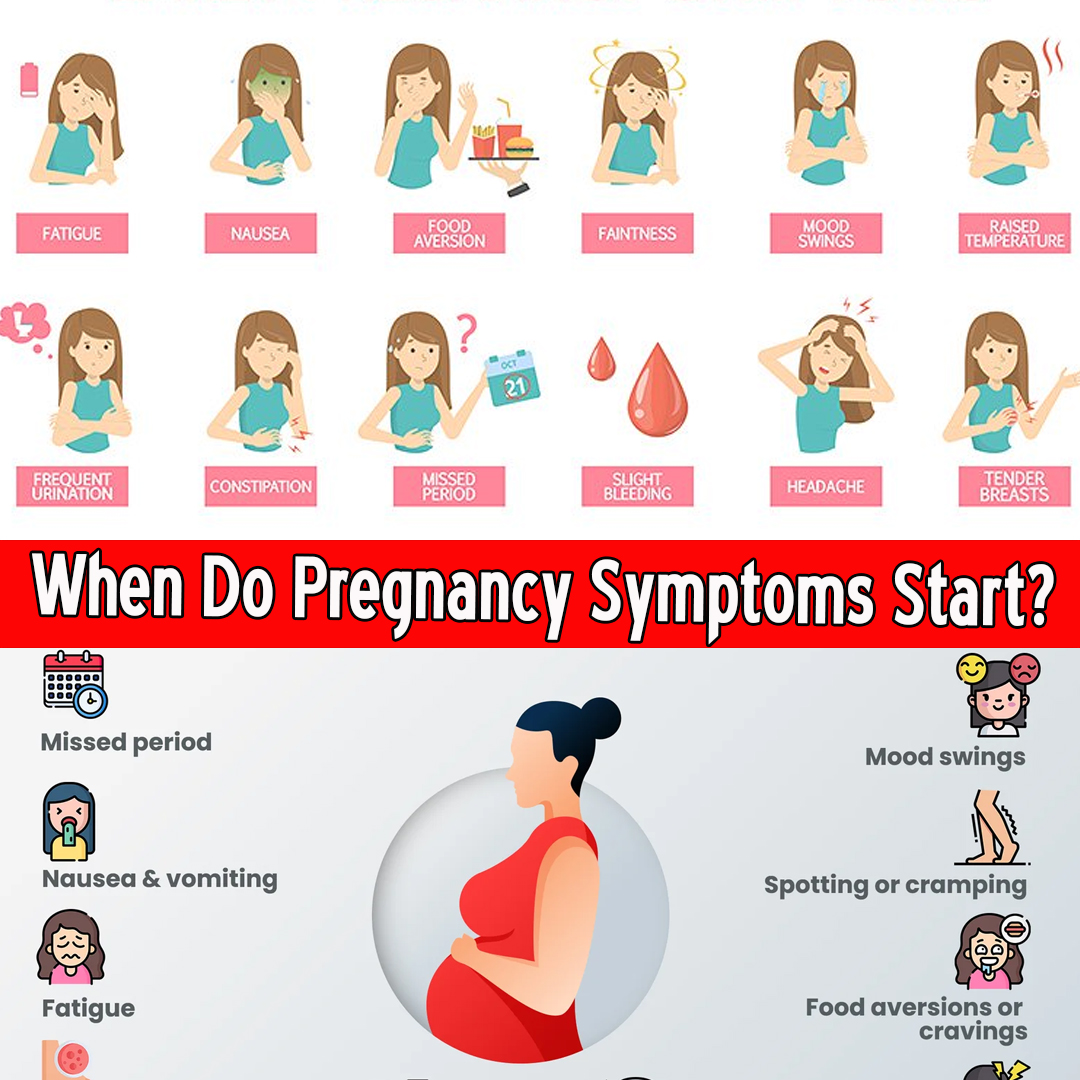
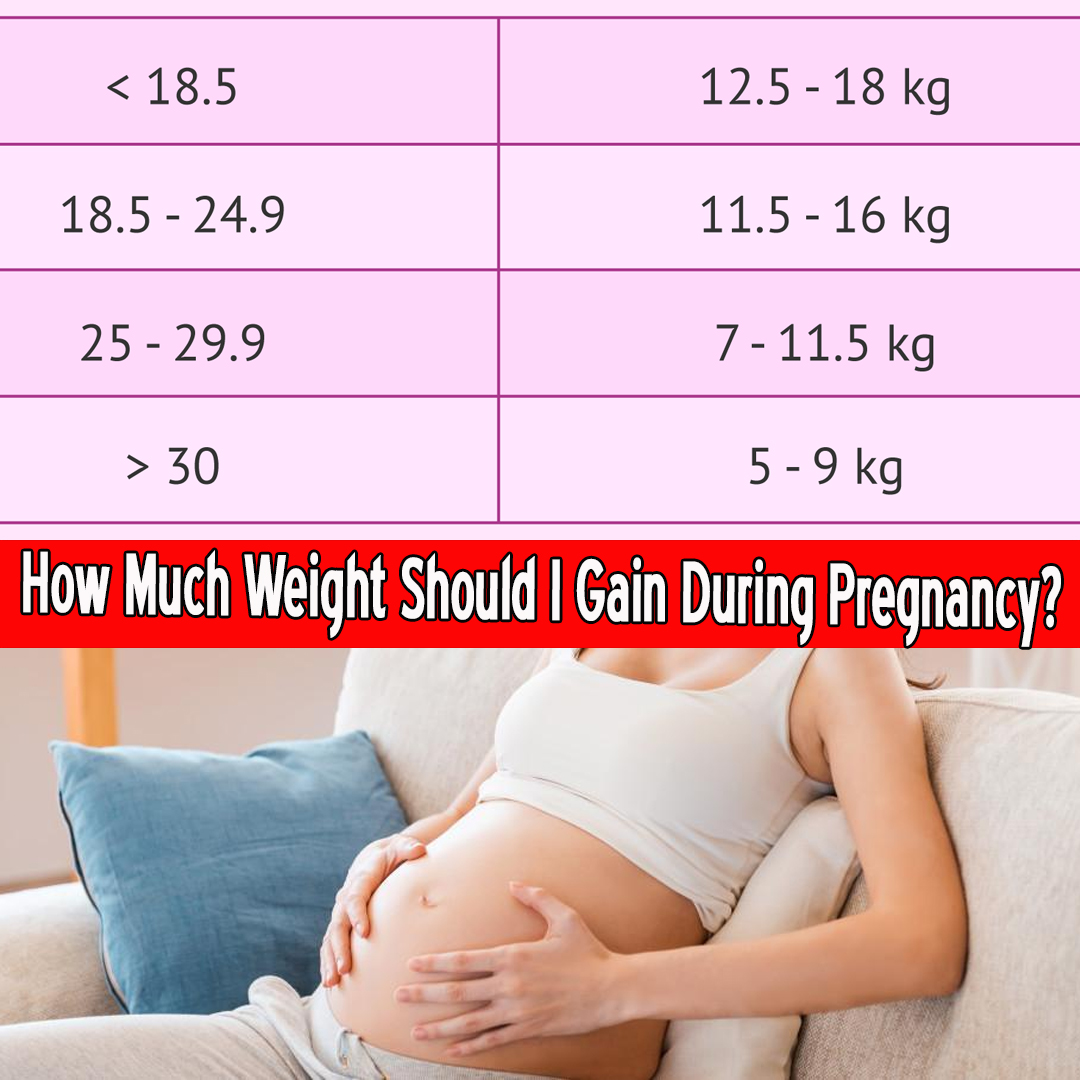



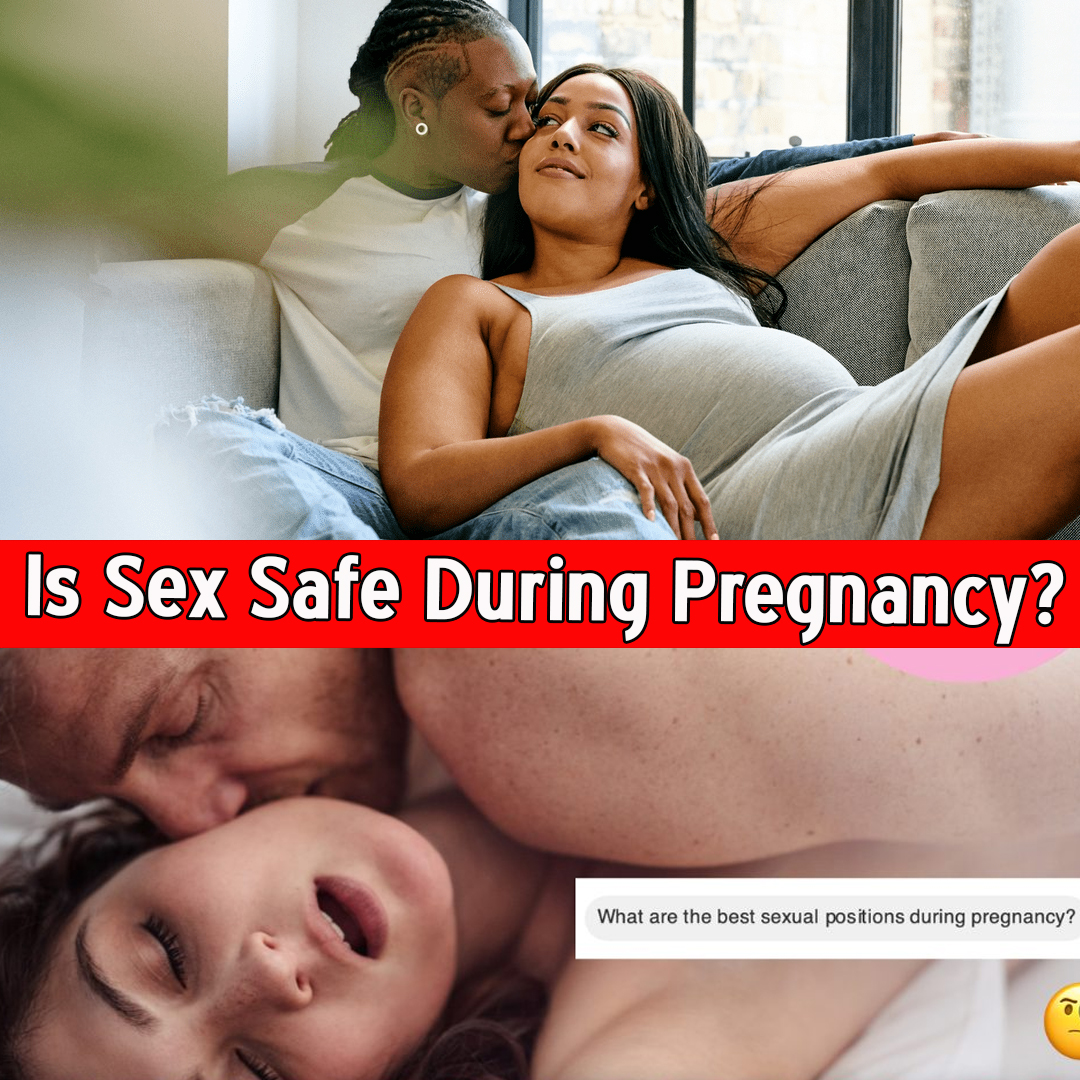
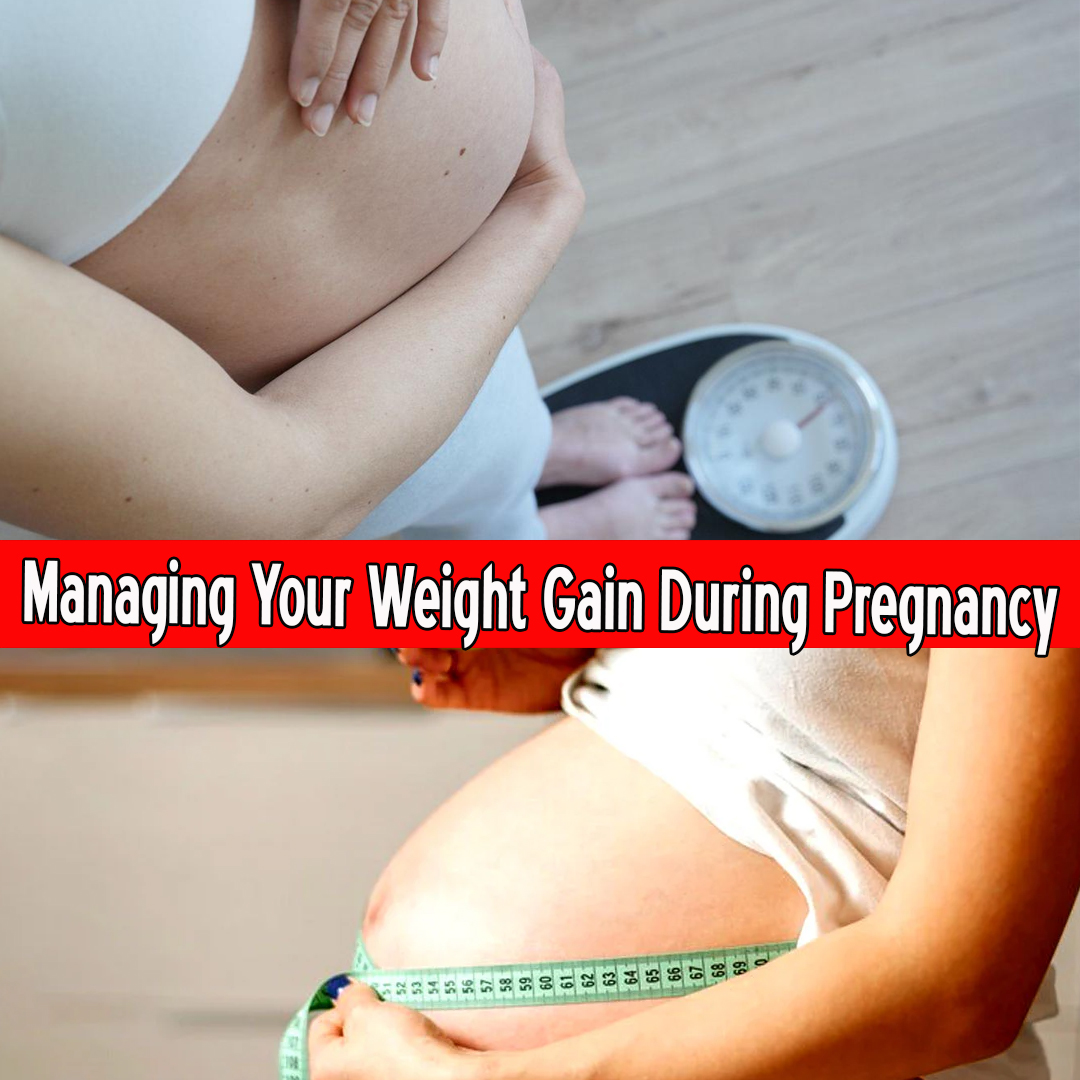



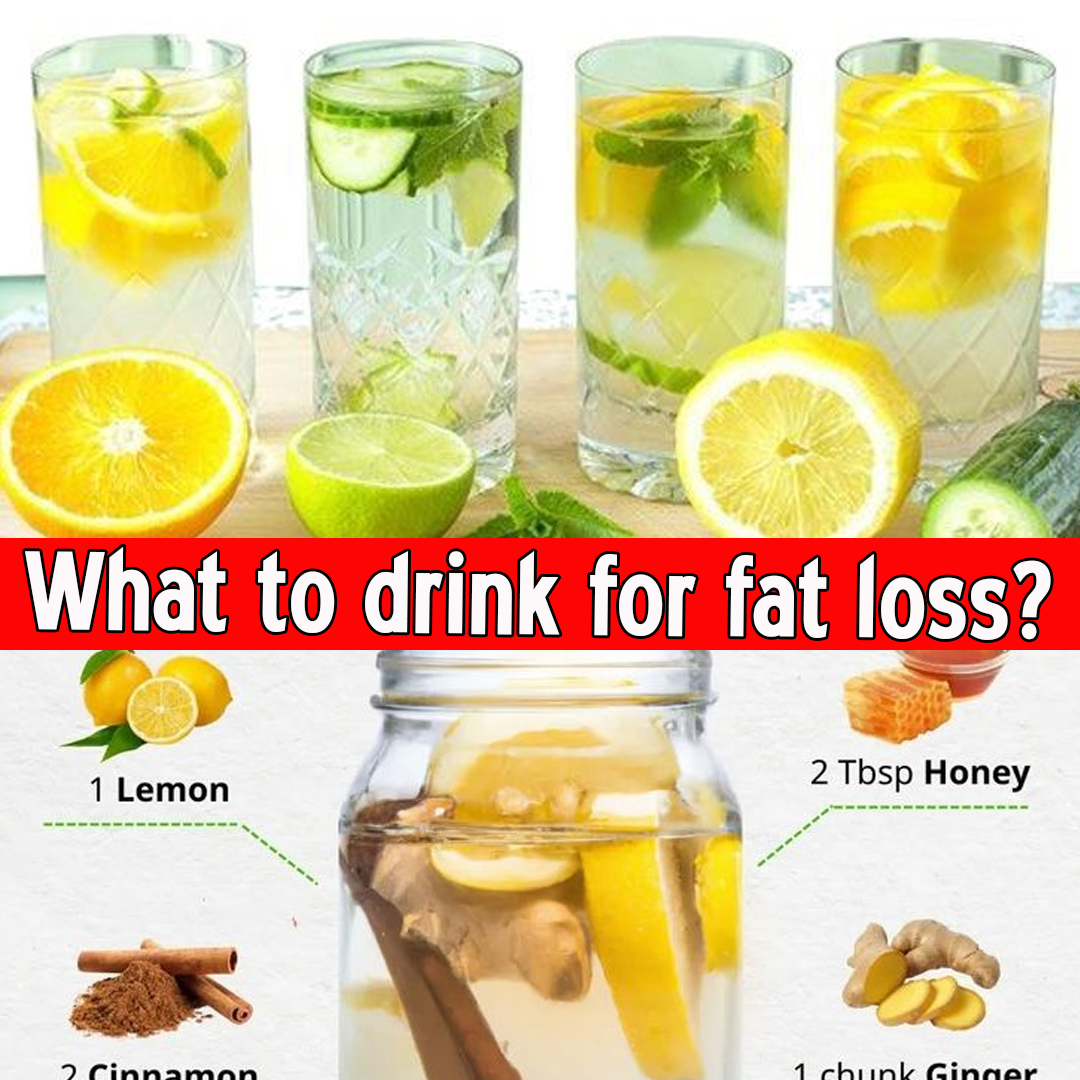

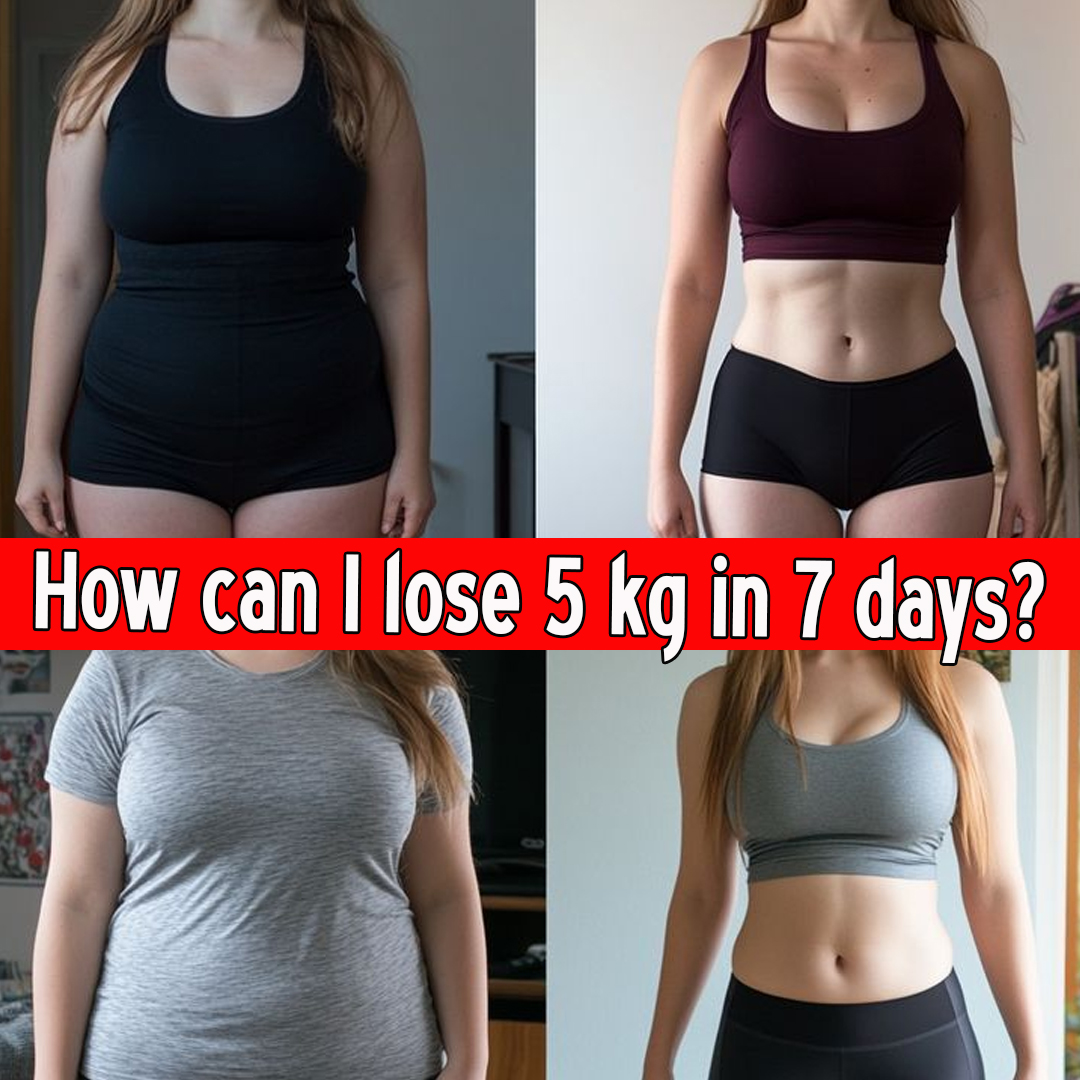
Leave a Reply